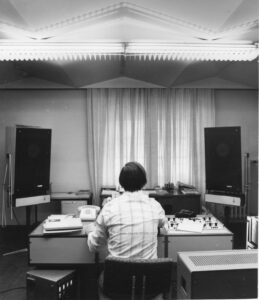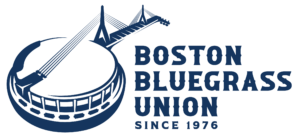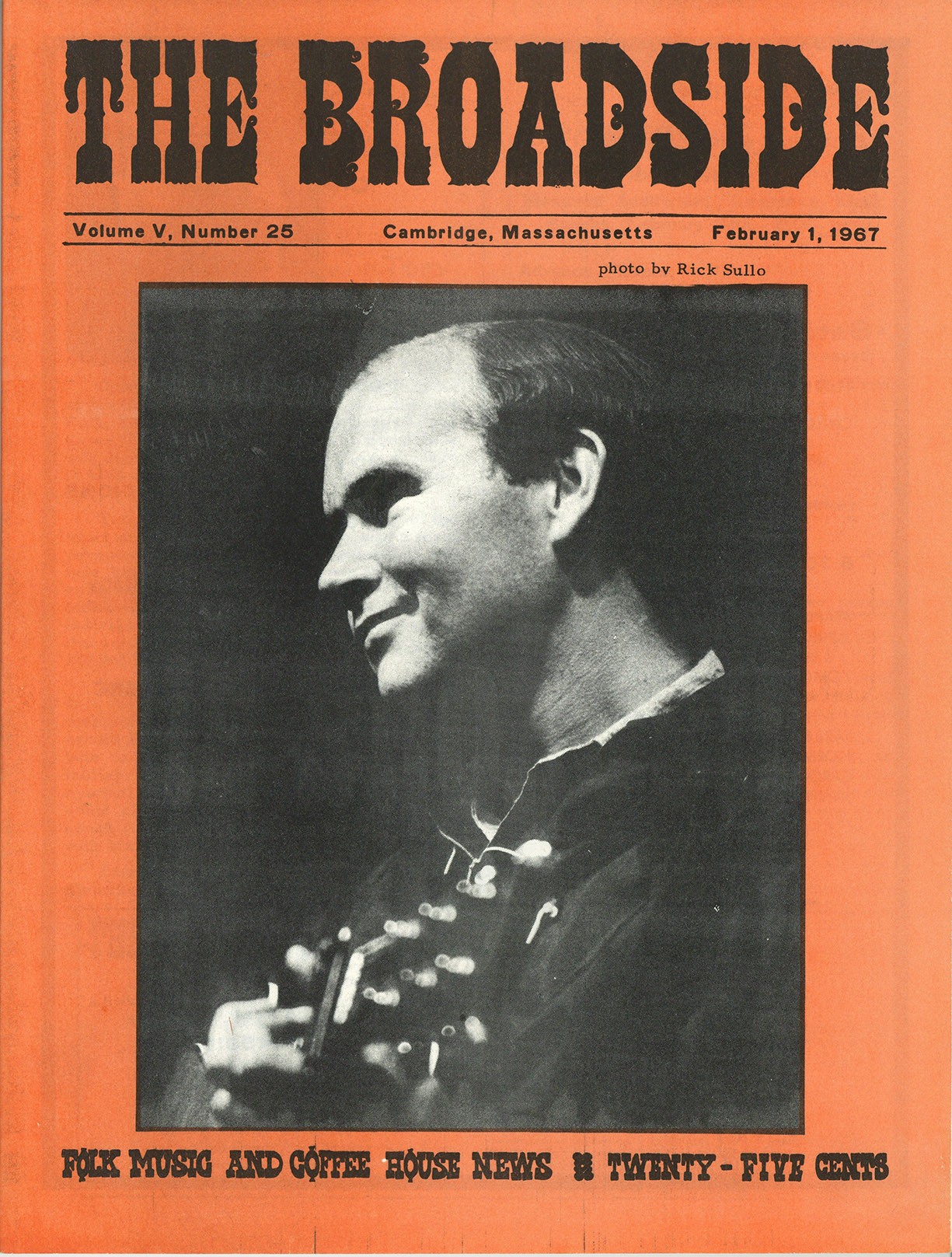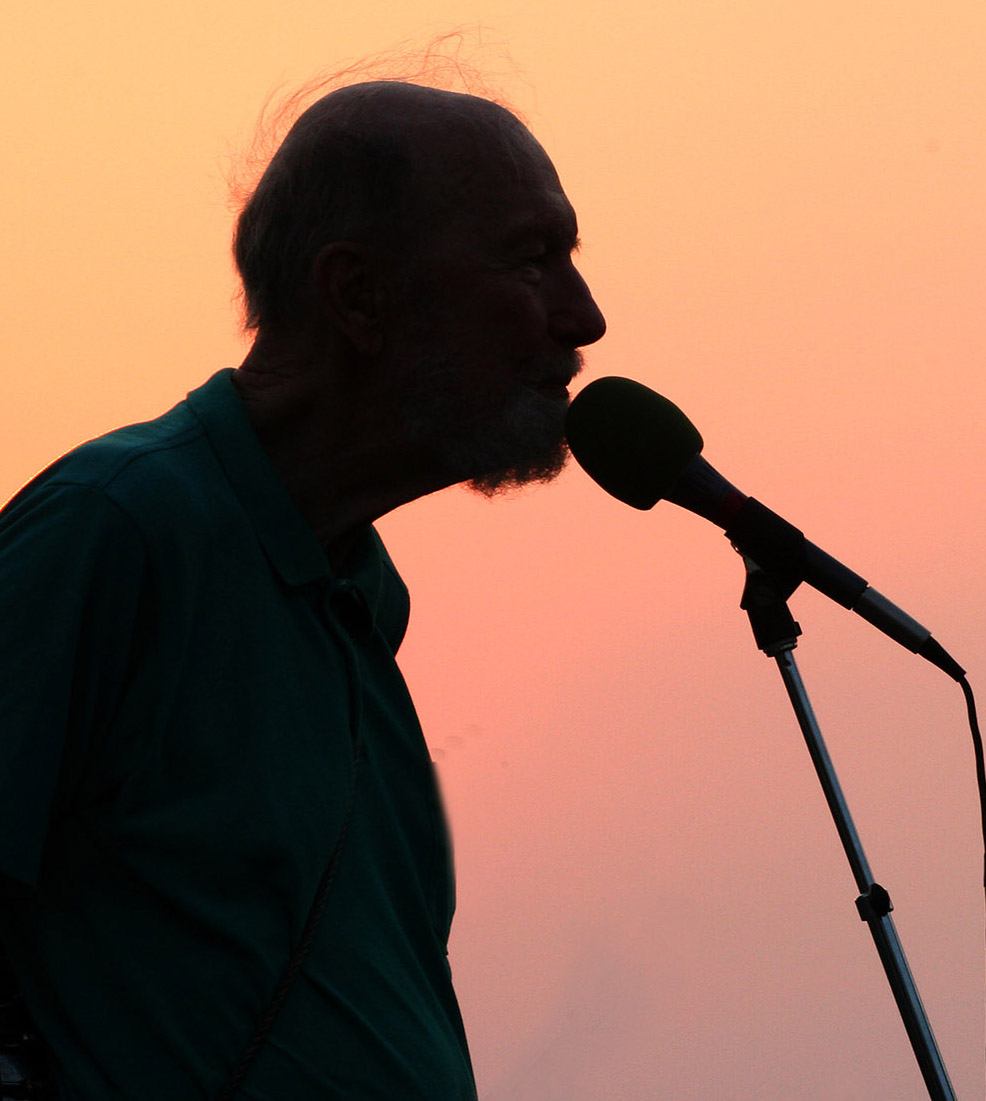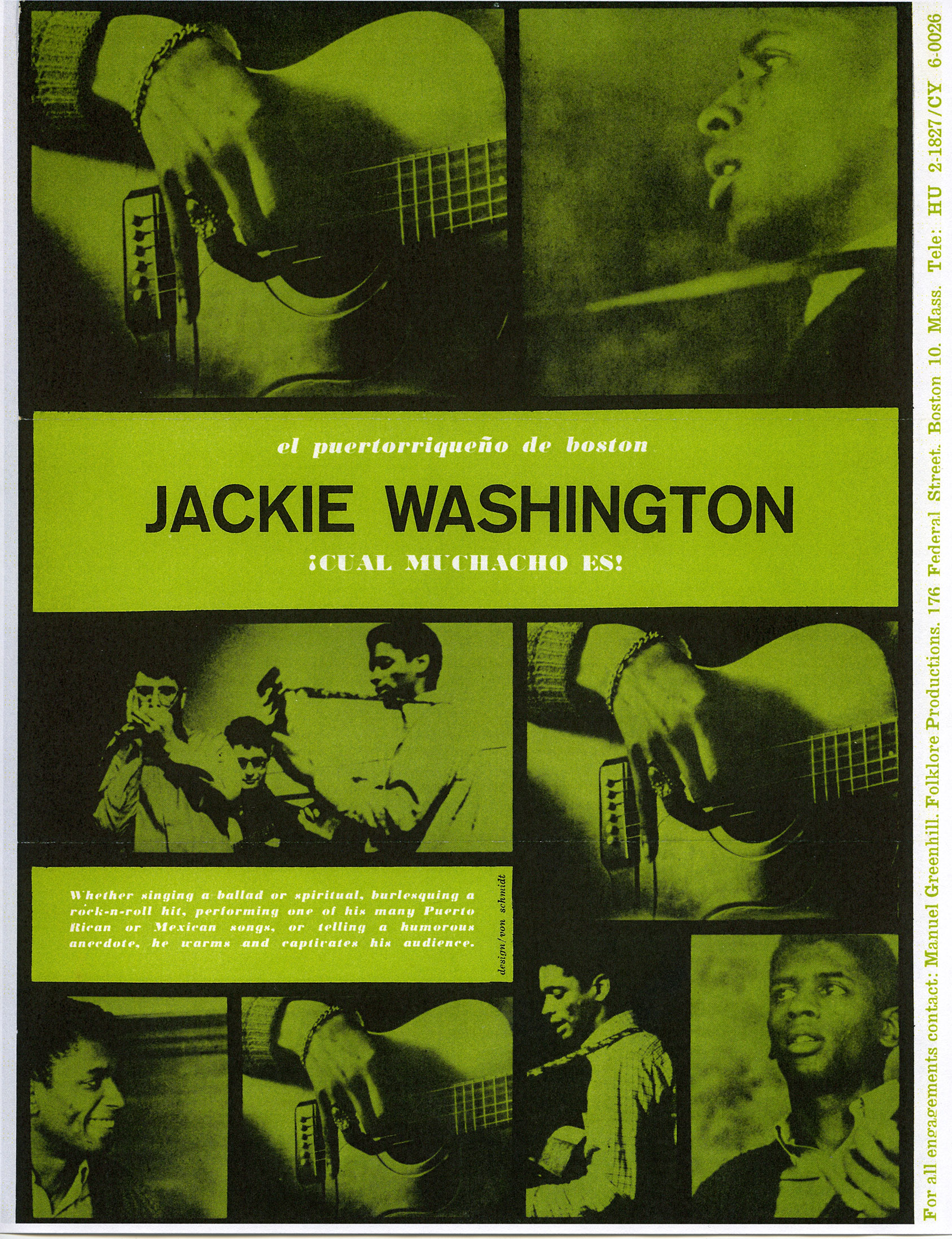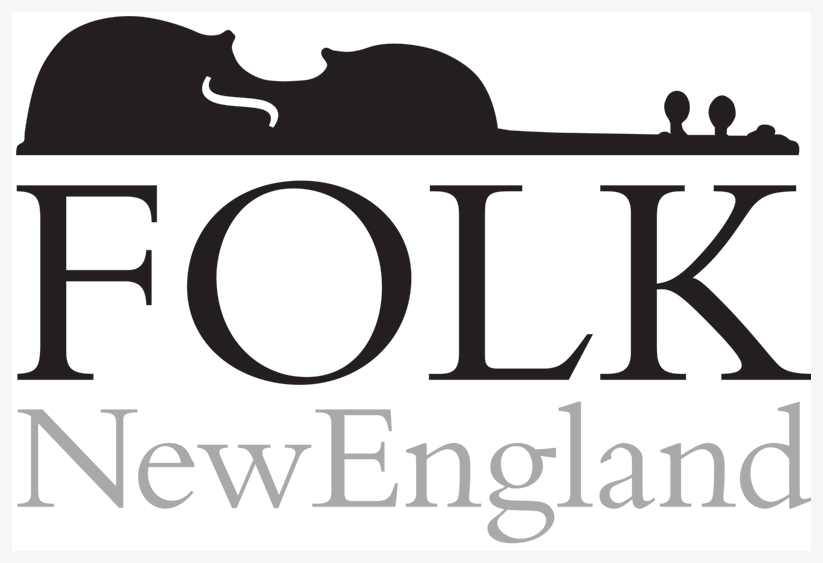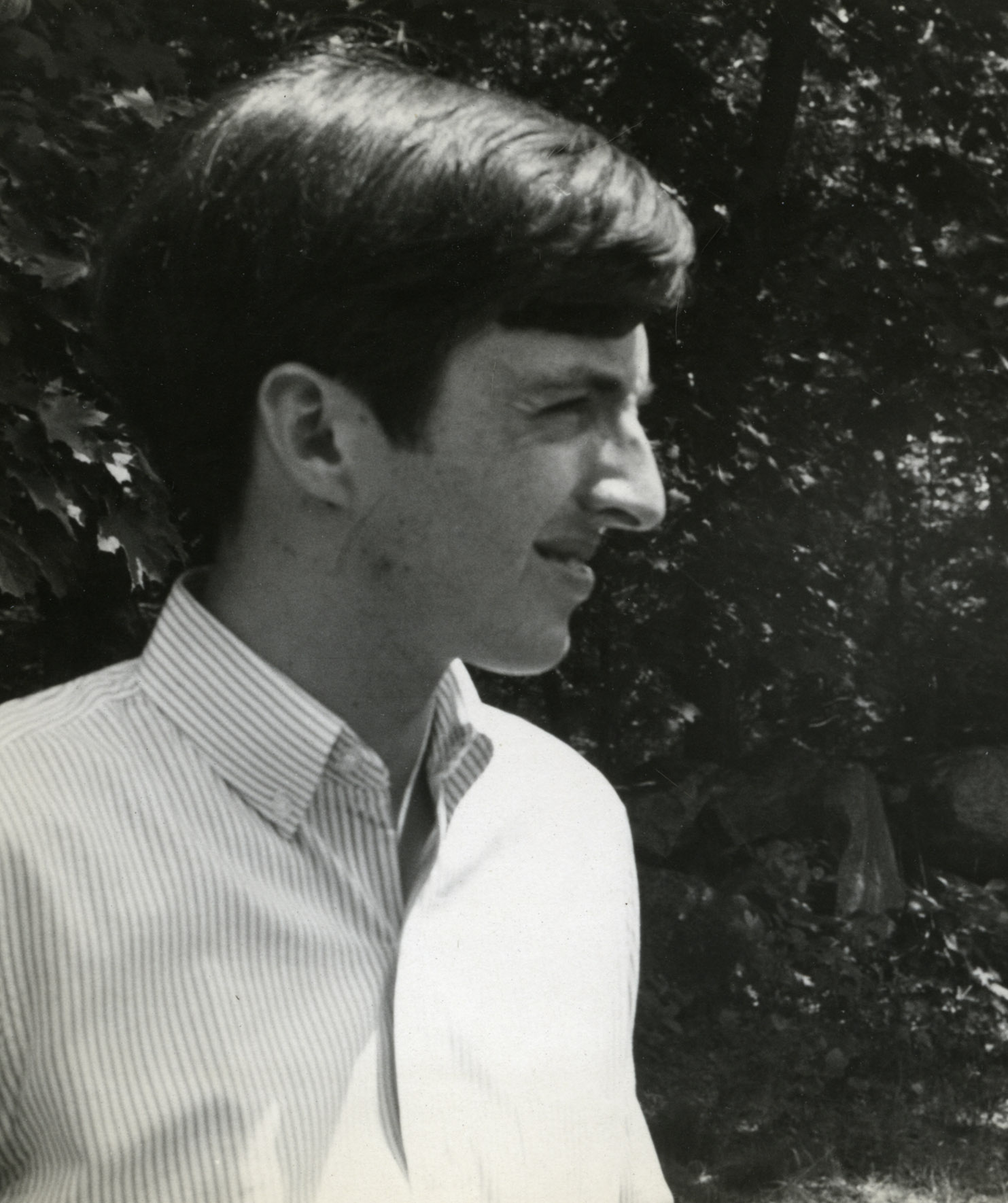Volkmar Andrä Collection of Deutsche Schallplatten
Eastern Europe’s socialist republics of the Cold War era strove to establish national cultures that reflected communist objectives and withstood Western influences. In order to promote collectivist ideals, state authorities supervised the production of literary works, motion pictures, television programs, sound recordings, and other forms of cultural content. To centralize the manufacturing of music records for its national market of sixteen million citizens, the GDR maintained a state-owned record company. Formally under the supervision of Ministerium für Kultur (Ministry of Culture), VEB Deutsche Schallplatten (German Records, NOE) provided the GDR audience with classical, traditional, and popular music as well as literary and educational recordings.
Mandated to cover a broad spectrum of content, Deutsche Schallplatten established separate divisions to develop artists and repertoire, releasing the vast majority of its works on five major labels:
- Amiga: popular recordings for all age groups
- Eterna: classical and political recordings
- Litera: literary recordings like audio books for adults and children
- Nova: recordings that reflected socialist lifestyles
- Schola: educational recordings for use in schools
Apart from the producers affiliated with these labels, the company’s creative division also included graphic designers who crafted cover art and musicologists who documented the growth of the respective catalogs. Counting managers, administrators, technologists, and the sizeable workforce of its industrial plants, Deutsche Schallplatten after the mid-1970s had around 800 employees. Yet, in the course of German reunification and the privatization of nationally owned enterprises, the enterprise lost its cultural relevancy and failed economically. Ultimately, competing firms acquired the catalogs of Amiga and Eterna, which encompassed the master tapes of and exploitation rights to Deutsche Schallplatten’s commercially most viable recordings.
As the former monopolist underwent its eventual dissolution in the early 1990s, a time when public interest in GDR culture hit an all-time low, most of its material legacy was to be discarded. Aware that a unique cultural heritage was earmarked for destruction, the former music producer Volkmar Andrä intervened to preserve decommissioned recordings and files. With assistance from Sven Kube, an academic historian who has reconstructed Deutsche Schallplatten’s evolution, these materials were transferred to UMass Amherst.
Comprised chiefly of sound recordings and text files, but featuring other media types, this collection offers unique insights into the music life of the German Democratic Republic (GDR) between the early 1960s and the country’s demise in 1990.


